If you’re dreading your family’s lack of communication this Thanksgiving, here’s a conversation about another group that’s saying less and less with real consequences. In this rebroadcast, University of Texas law professor Stephen Vladeck joins The Modern Law Library to discuss The Shadow Docket and how the Supreme Court’s growing use of secretive, unsigned emergency orders is reshaping transparency, civic discourse, and public trust in the rule of law. ----- In The Shadow Docket: How the Supreme Court Uses Stealth Rulings to Amass Power and Undermine the Republic, University of Texas law professor Stephen Vladeck argues the U.S. Supreme Court is expanding its powers at the expense of the rule of law and public transparency. A case ordinarily comes before the U.S. Supreme Court after a long appellate process; receives a public hearing where the case is argued before the justices; then a signed opinion or series of opinions and a majority ruling are issued, which generally comes months after oral arguments—and years after a matter first entered the court system. Given the limited length of each Supreme Court term, there has always been the need for an alternative form of response when the court is not in session or a swift response was absolutely necessary. The vast bulk of those occasions have been in capital cases, where a last-minute appeal might be the difference between life and death. But since 2017, the U.S. Supreme Court has issued many more emergency orders than at any time previously, and on matters ranging from election law to immigration bans, from abortion access to COVID-19 restrictions on public gatherings. By issuing unsigned majority emergency orders rather than signed majority opinions, Vladeck says the court is establishing precedents without supplying the legal reasonings behind its rulings. During a time when the U.S. Supreme Court and individual justices are being criticized for not abiding by a clear judicial code of ethics, Vladeck argues the secretive nature of the shadow docket will only further undermine public trust in the rule of law. In this episode of the Modern Law Library, Vladeck discusses with the ABA Journal’s Lee Rawles the origin of the term “shadow docket,” the dangers he sees for the court and the country, and what remedies may be available to the republic.
続きを読む
一部表示
 2025/12/1833 分
2025/12/1833 分 16 分
16 分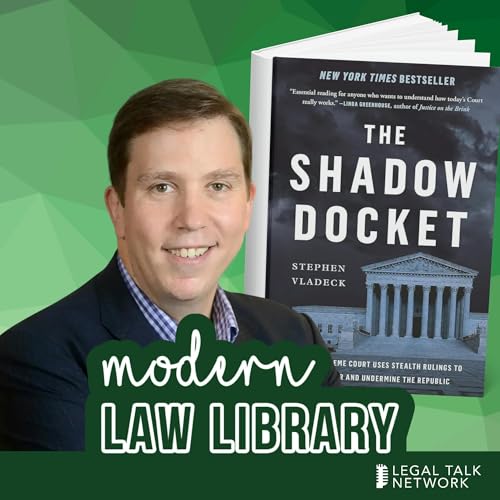 2025/11/1947 分
2025/11/1947 分 41 分
41 分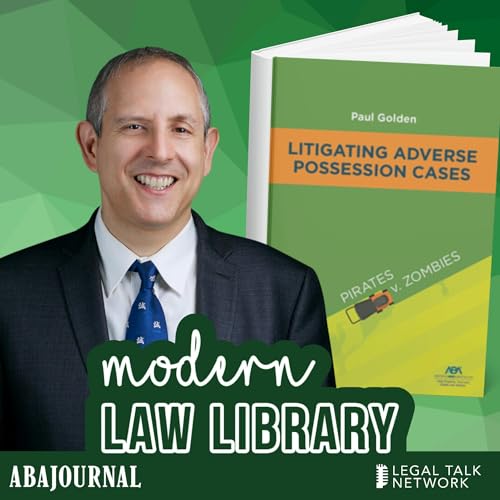 33 分
33 分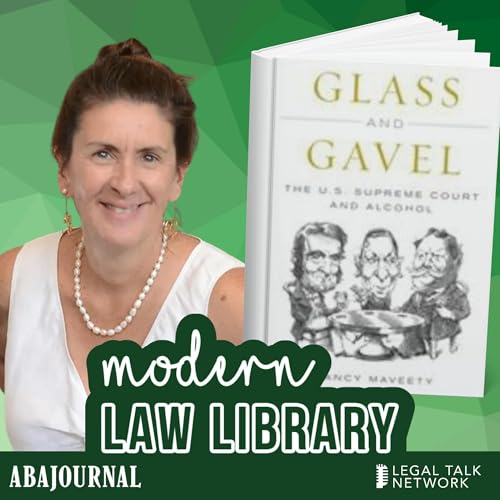 2025/10/0134 分
2025/10/0134 分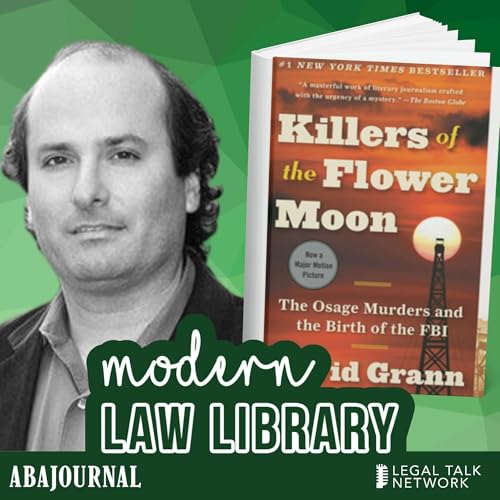 23 分
23 分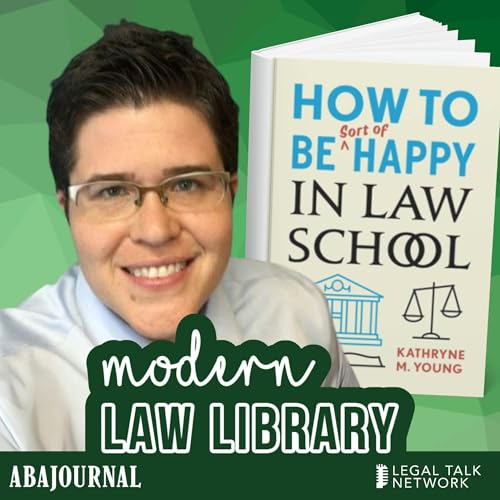 32 分
32 分
